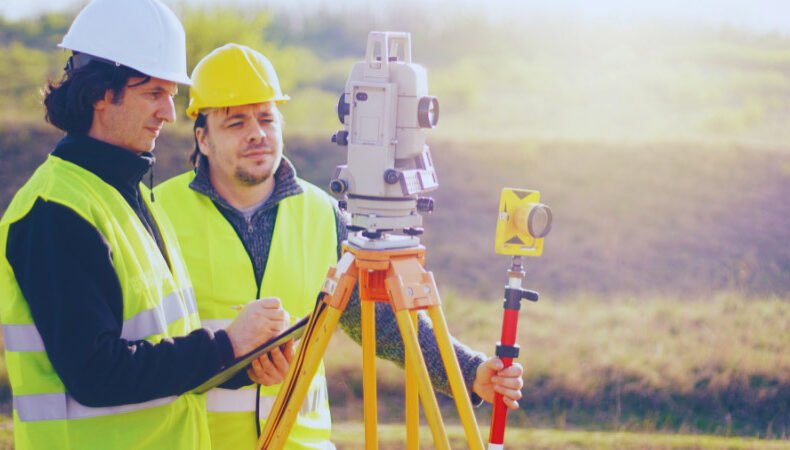Land surveying is an indispensable practice that has shaped civilizations and continues to define the landscape of our modern world. From demarcating property boundaries to enabling large-scale construction projects, the precision and expertise of land surveyors play a pivotal role.
Introduction to Land Surveying
Land surveying, often regarded as the science of accurately determining the terrestrial or three-dimensional positions of points and the distances and angles between them, has a profound historical significance. The evolution of land surveying techniques spans centuries, evolving from manual measurements with rudimentary tools to embracing cutting-edge technologies that revolutionize accuracy and efficiency.
Types of Land Surveys
Boundary Surveys
These surveys delineate property lines, settling disputes, and facilitating legal documentation related to land ownership.
Topographic Surveys
Topographic surveys capture the natural and man-made features of a landscape, crucial for urban planning and infrastructure development.
Construction Surveys
Integral to the construction industry, these surveys ensure precise positioning and alignment of structures.
Subdivision Surveys
These surveys divide land into smaller parcels, adhering to zoning regulations and facilitating property sales.
Tools and Equipment in Land Surveying
Land surveyors leverage an array of sophisticated tools, including GPS technology for accurate positioning, total stations for measuring angles and distances, and drones for aerial surveys, enhancing both speed and precision.
Process of Land Surveying
The surveying process encompasses meticulous planning, meticulous fieldwork, and subsequent analysis and mapping. Detailed research precedes the on-site data collection, which is then processed to create comprehensive maps and reports.
Role of Land Surveyors
The role of a land surveyor demands a unique blend of technical skills, problem-solving abilities, and a deep understanding of legal and environmental considerations. A career in land surveying offers diverse opportunities in various industries, including engineering, construction, and urban planning.
Benefits of Accurate Land Surveys
Accurate land surveys serve as the bedrock for resolving legal disputes, enabling informed decision-making in urban development, and preserving natural resources through sustainable land management practices.
Challenges in Land Surveying
Despite technological advancements, land surveyors face challenges such as adapting to rapid technological changes, navigating complex regulations, and addressing environmental variables that impact survey accuracy.
Future Trends in Land Surveying
The future of land surveying is poised to integrate advanced technologies like AI, IoT, and sustainable practices. Artificial intelligence and machine learning will streamline data analysis, while the integration of IoT devices will enhance real-time data collection. Additionally, sustainability will be a crucial focus in surveying practices to ensure minimal environmental impact.
Conclusion
Land surveying remains an indispensable field that forms the backbone of numerous industries. The amalgamation of historical significance with technological advancements paves the way for a future where land surveyors will continue to shape our world responsibly and accurately.



